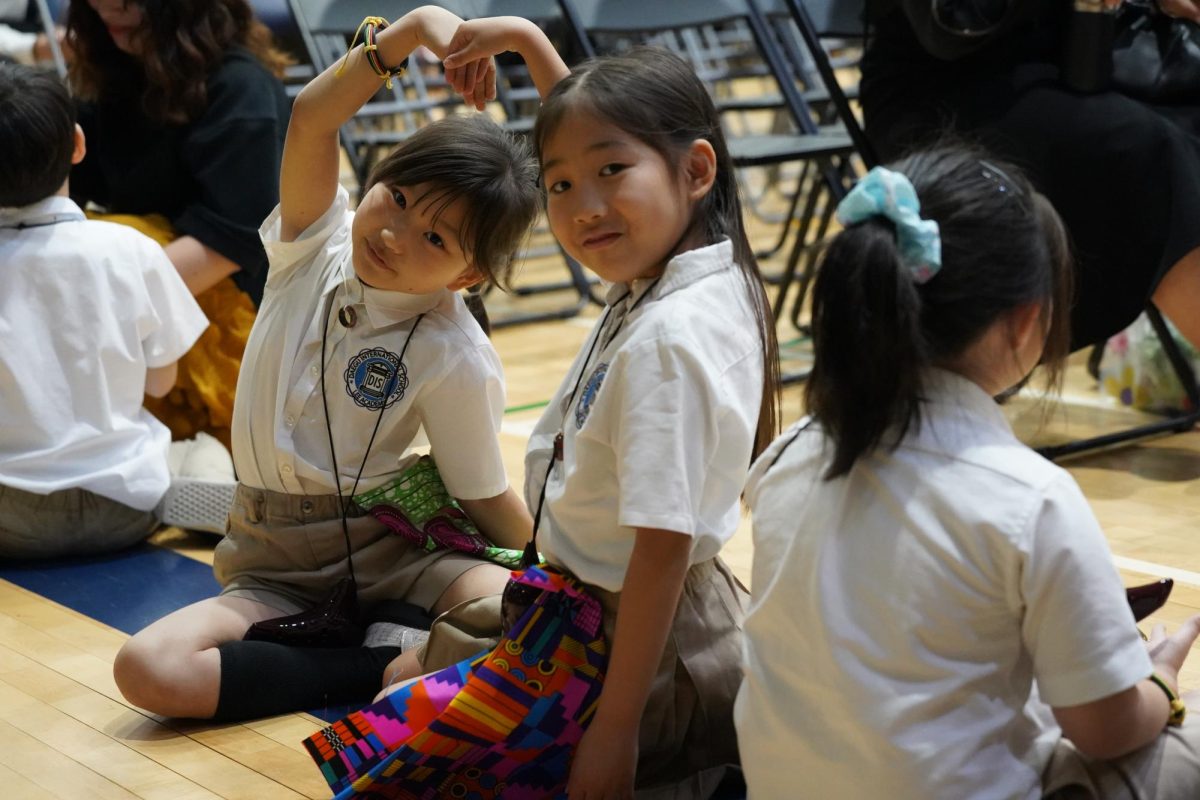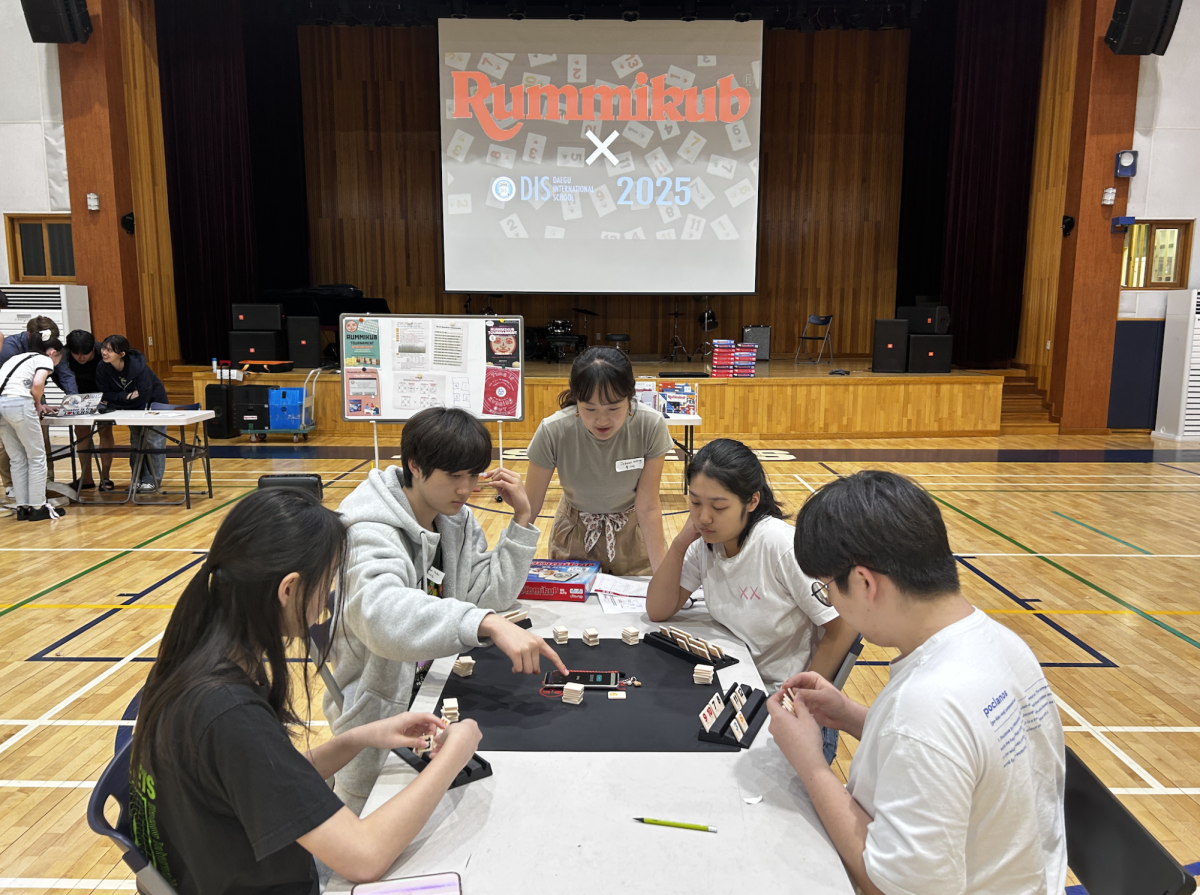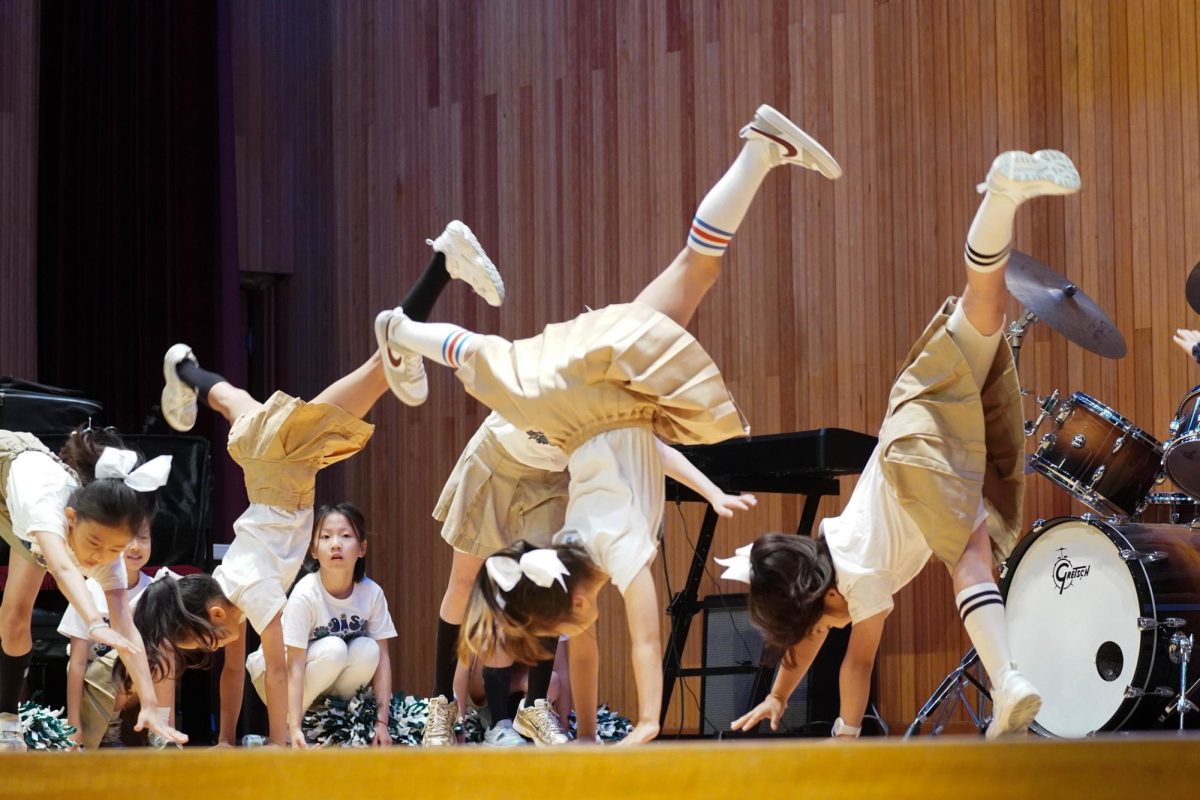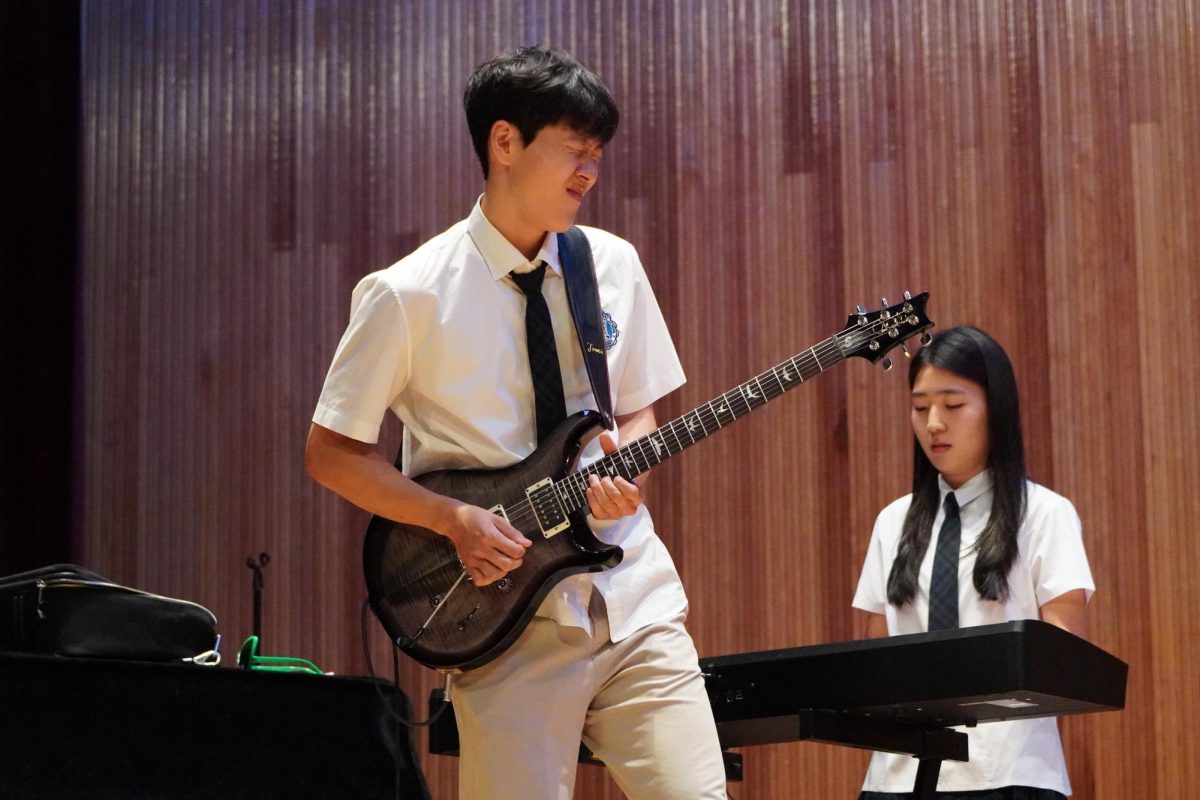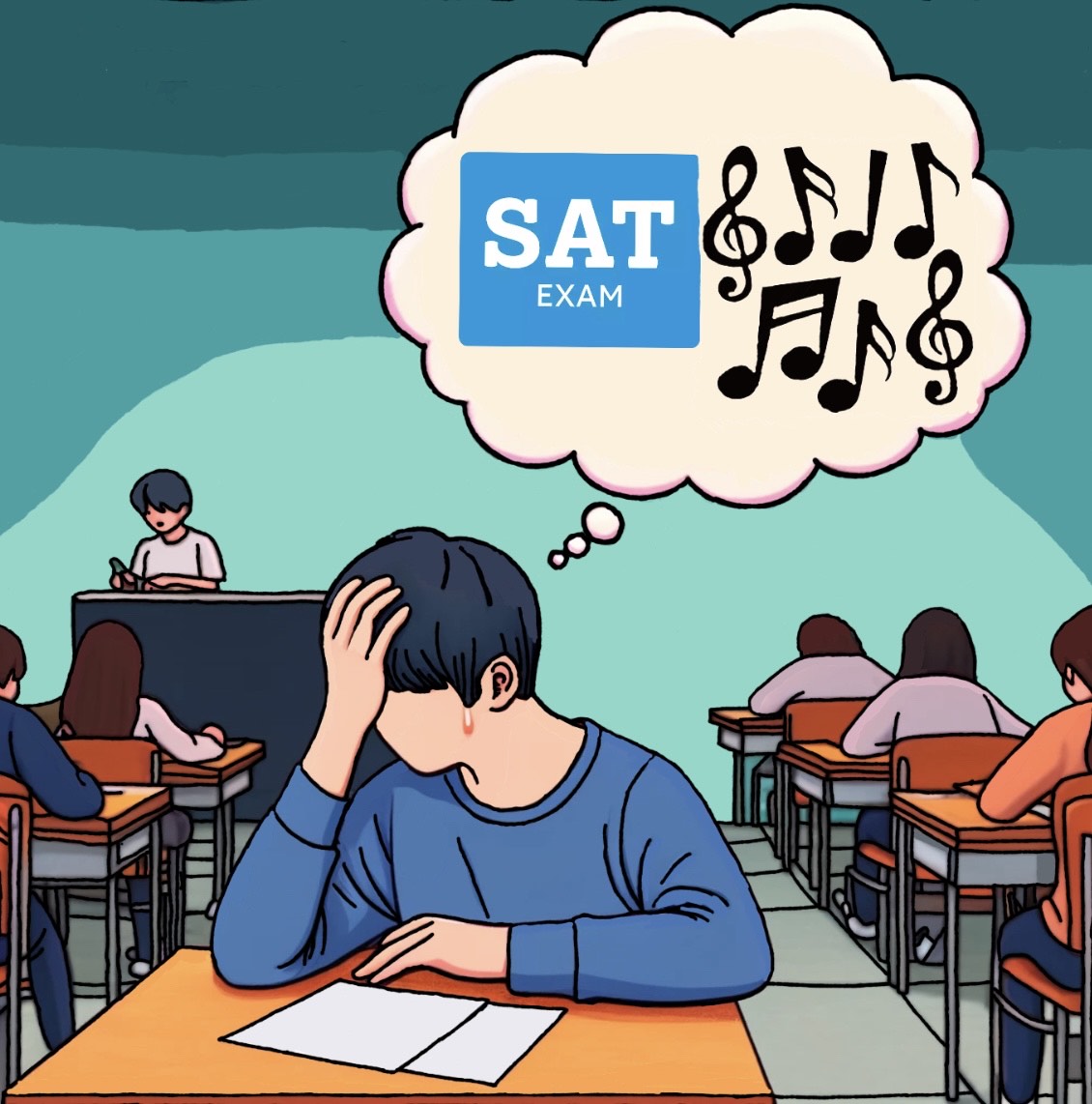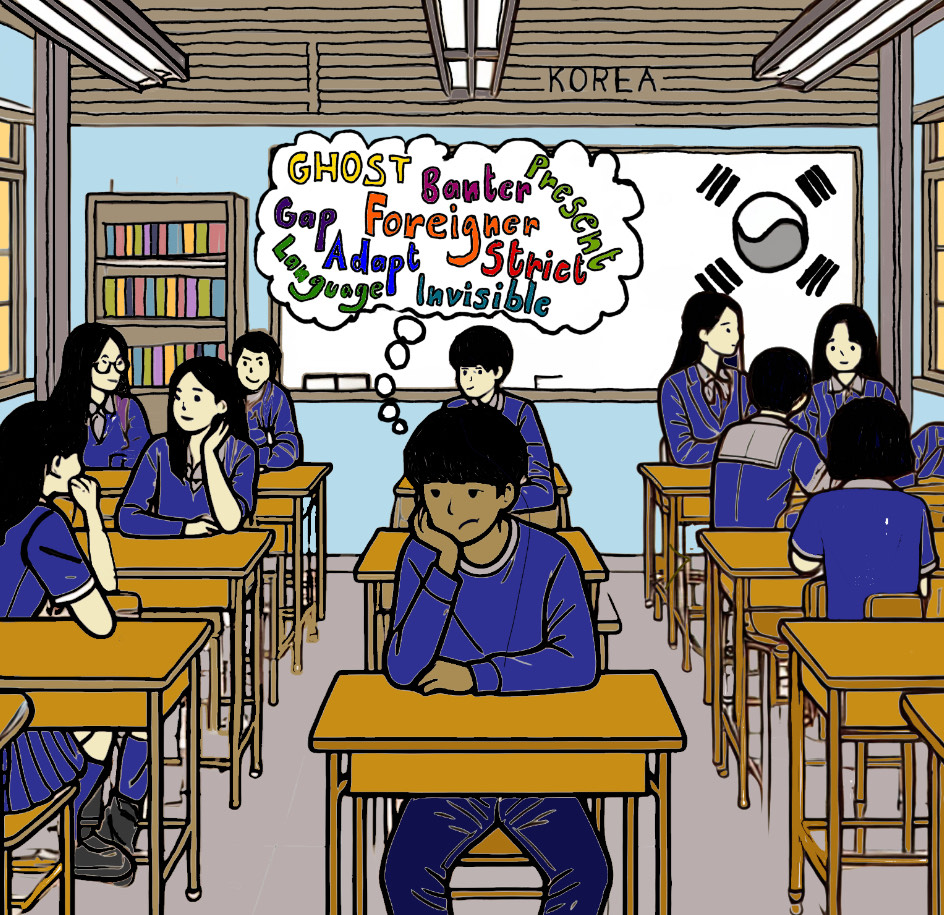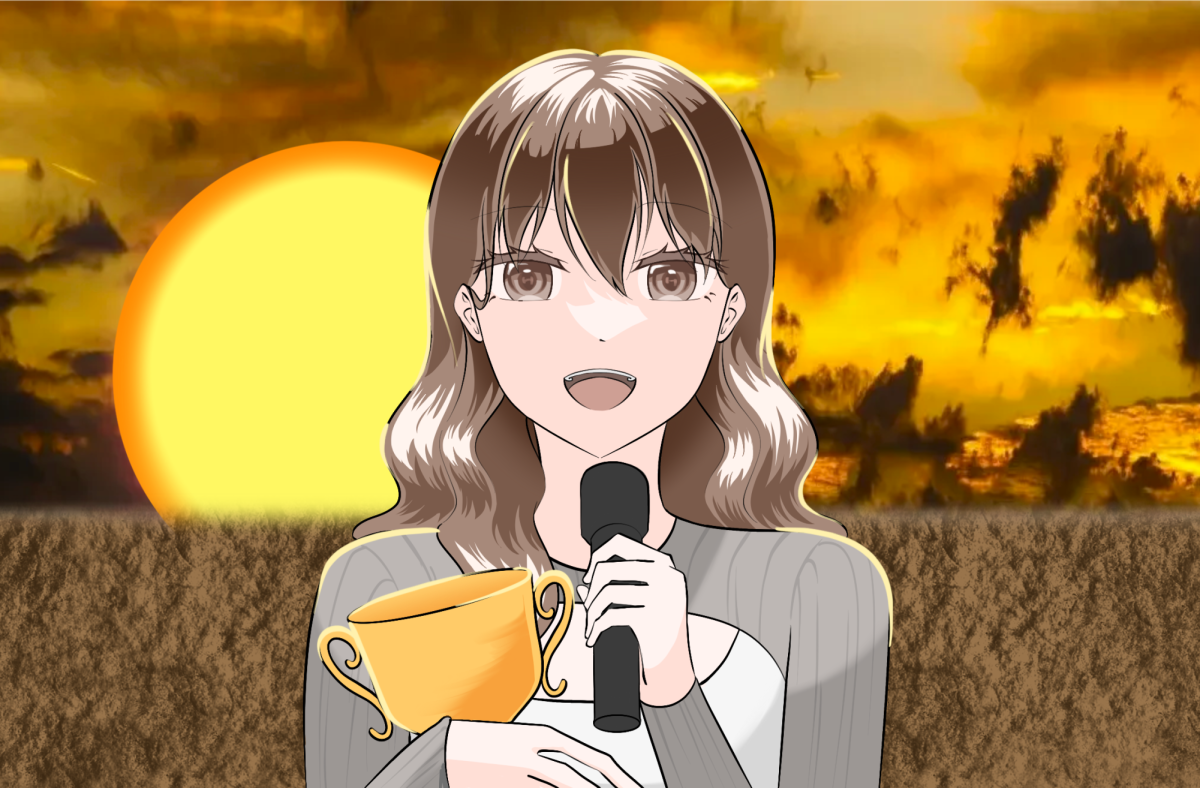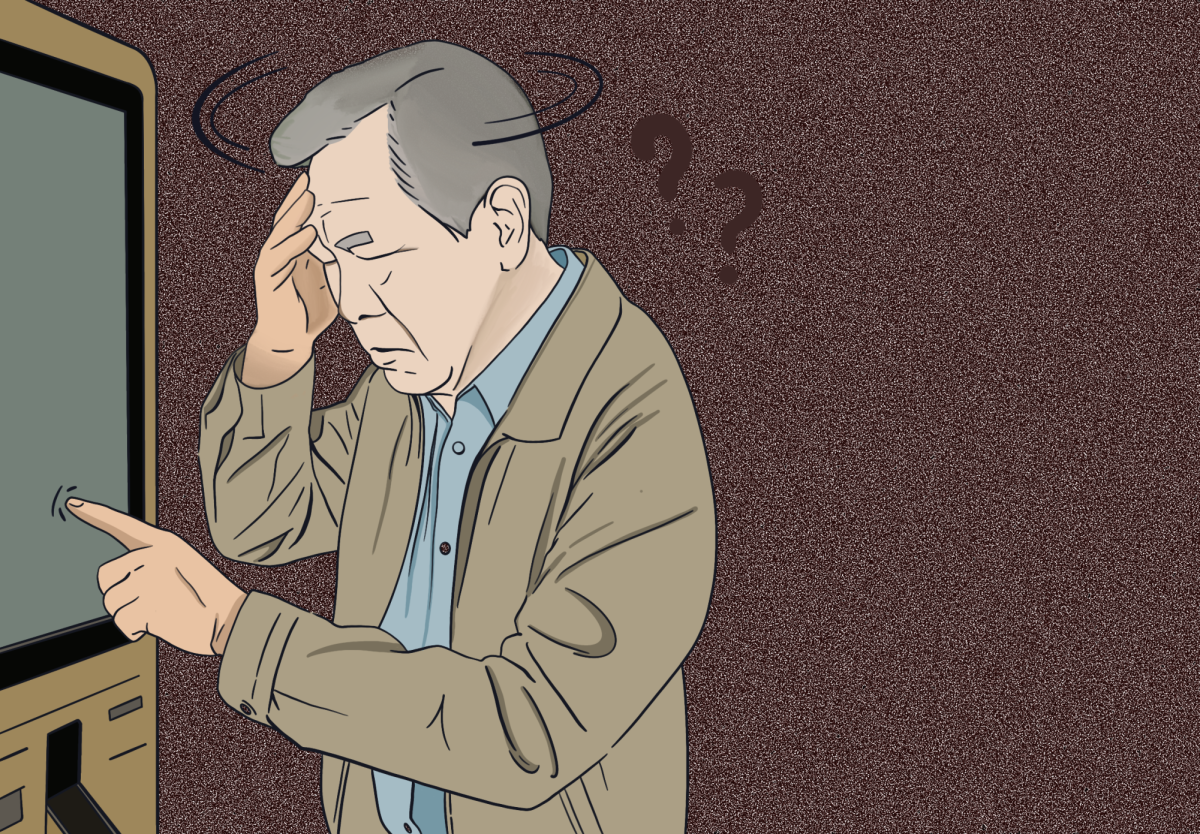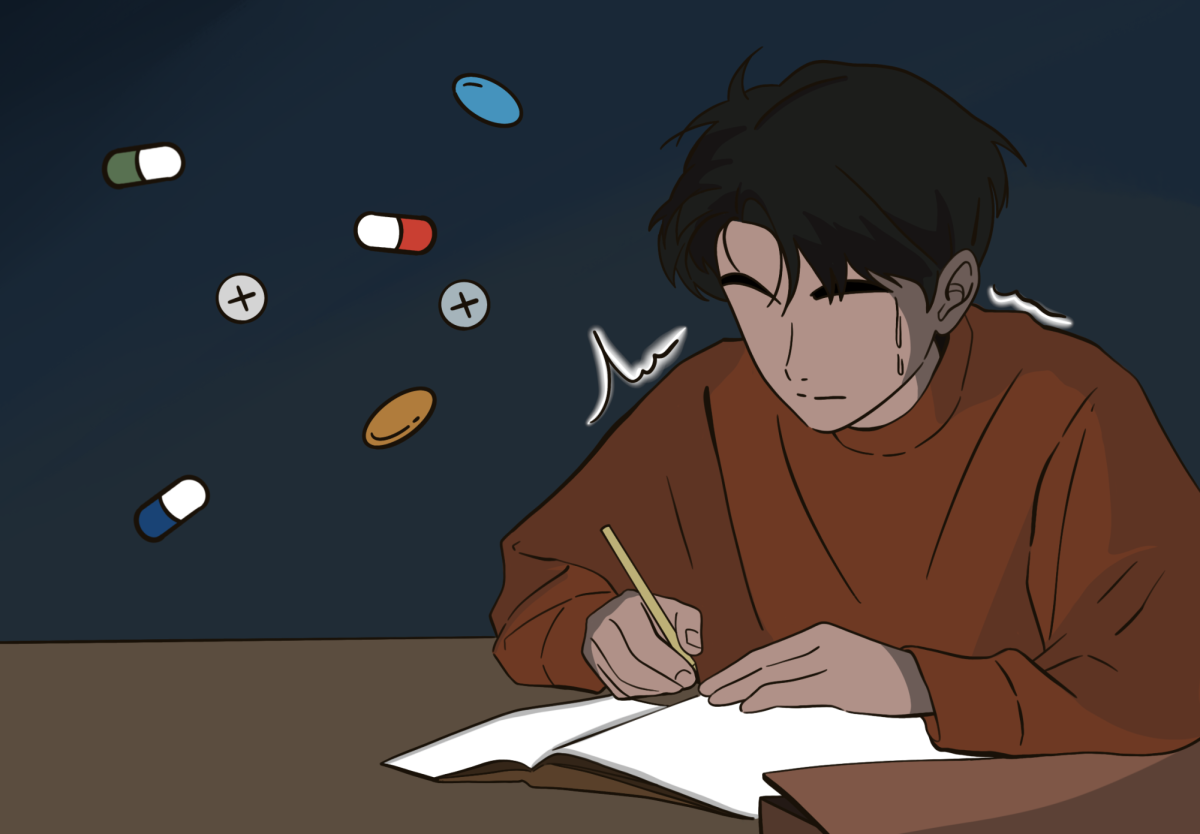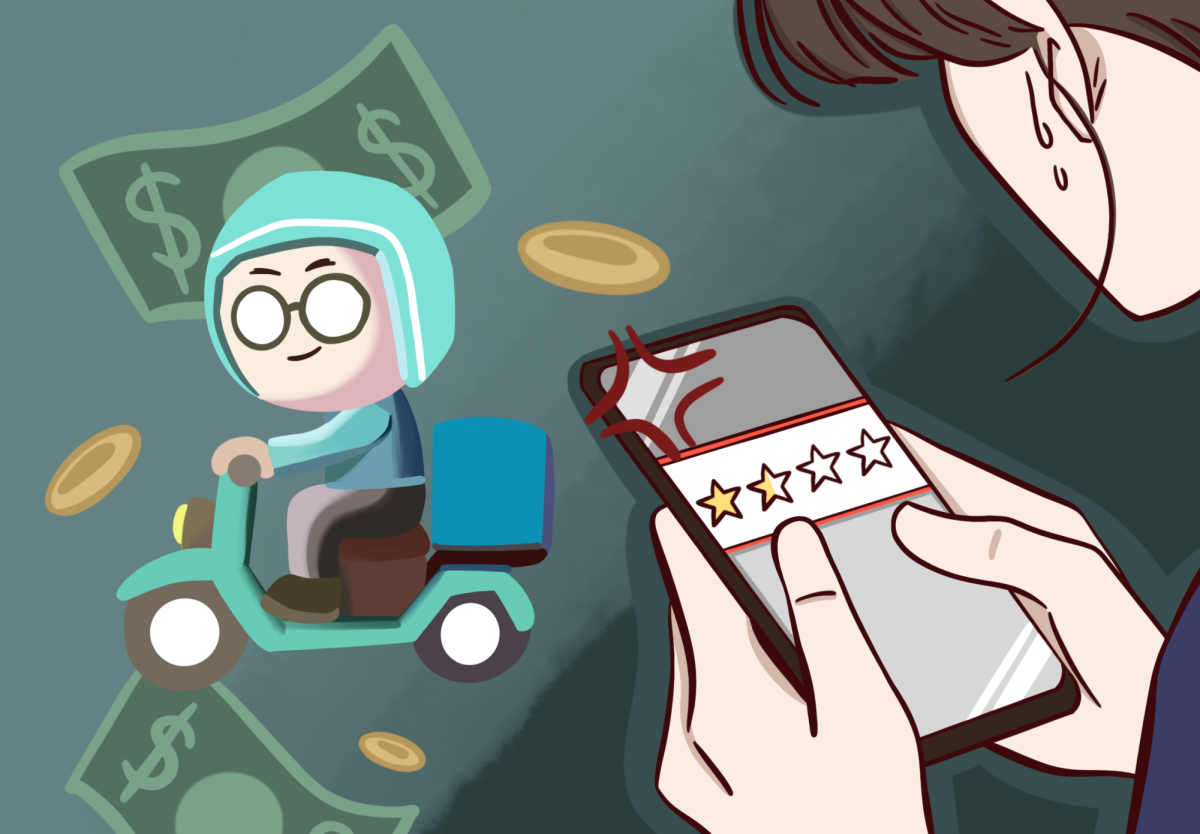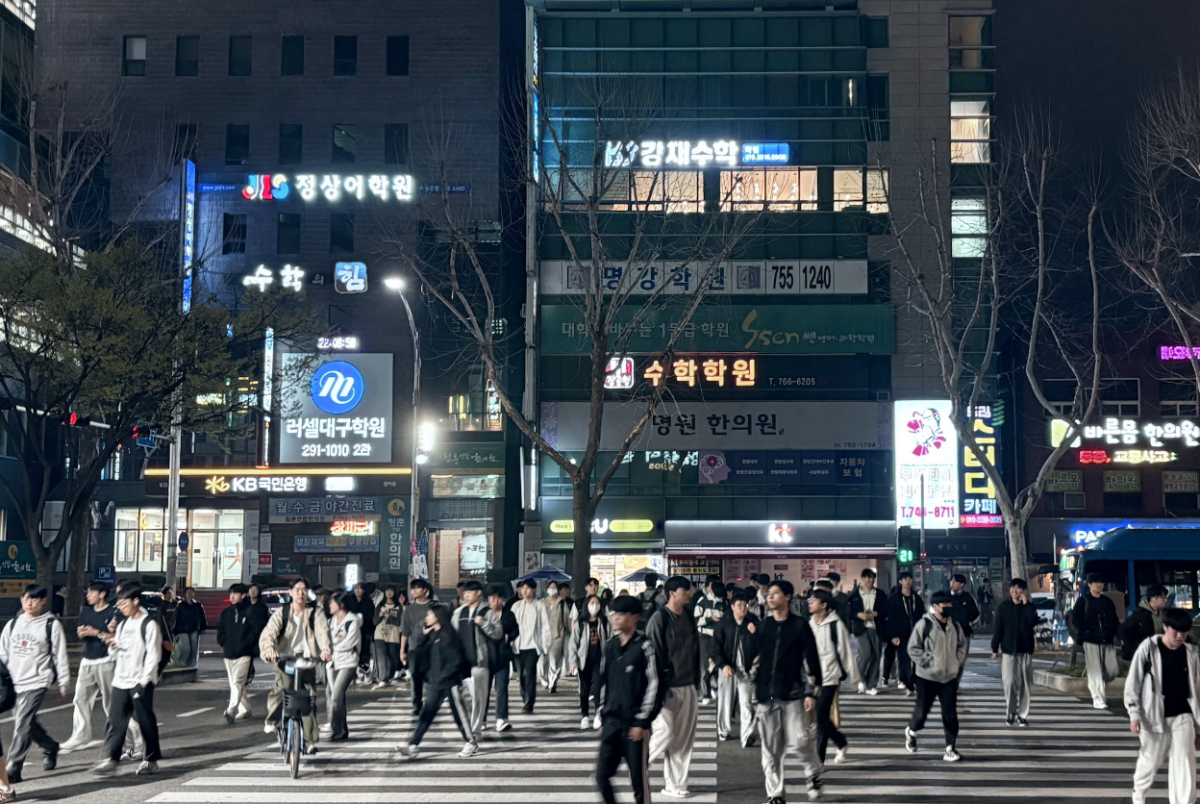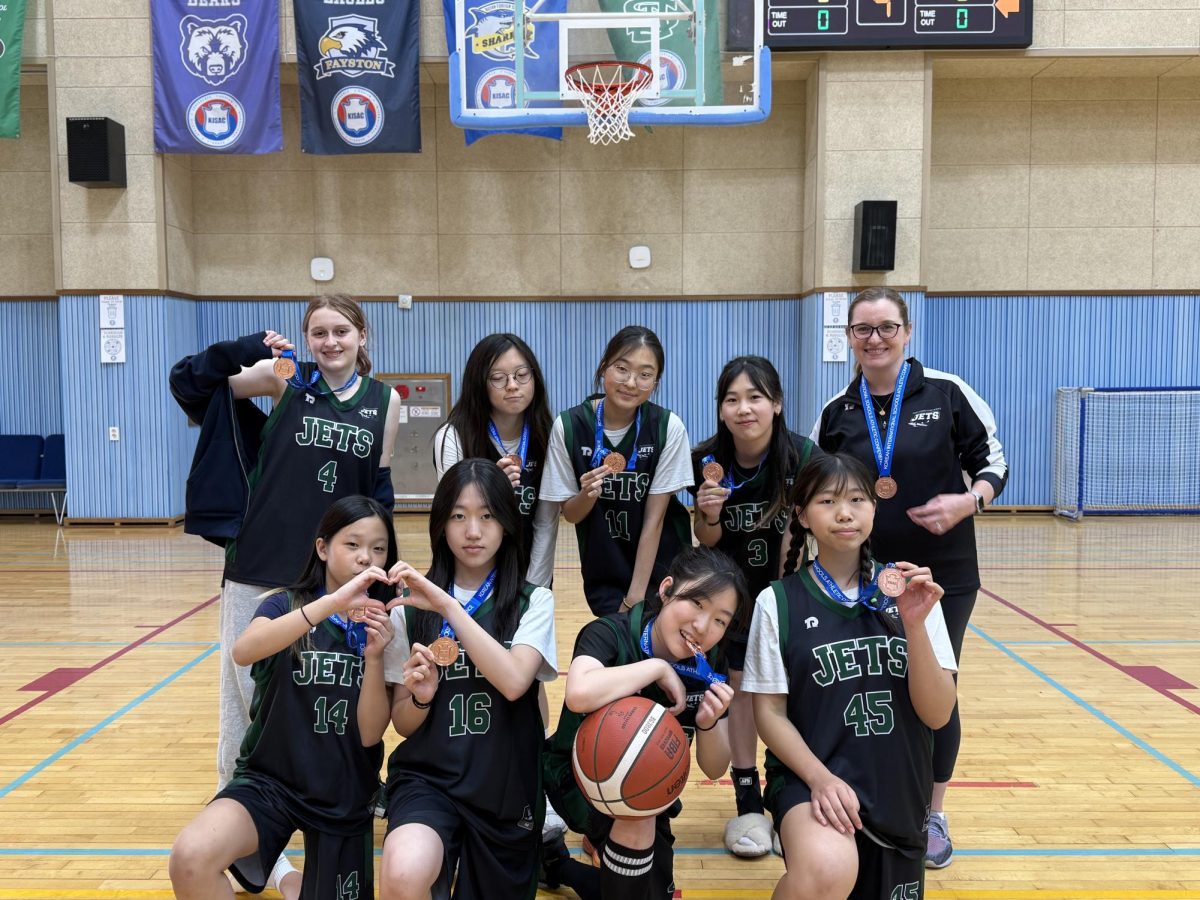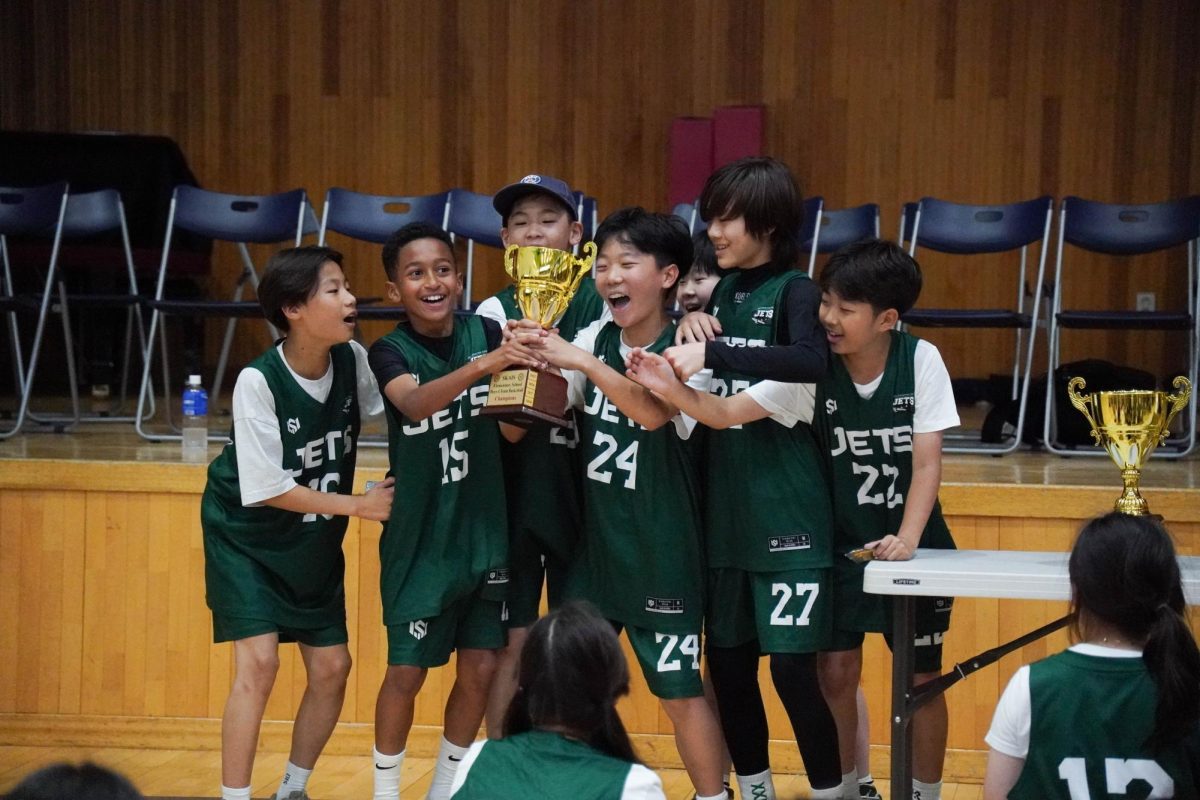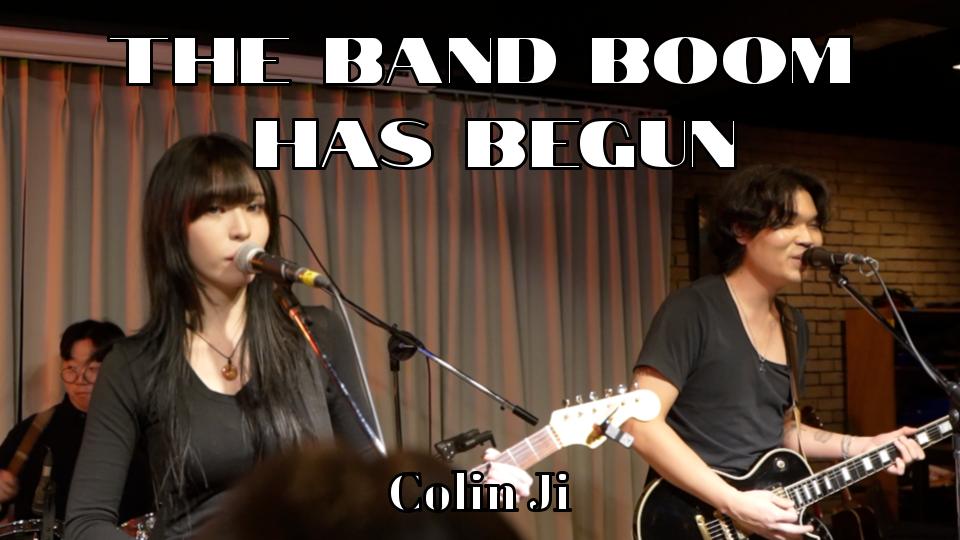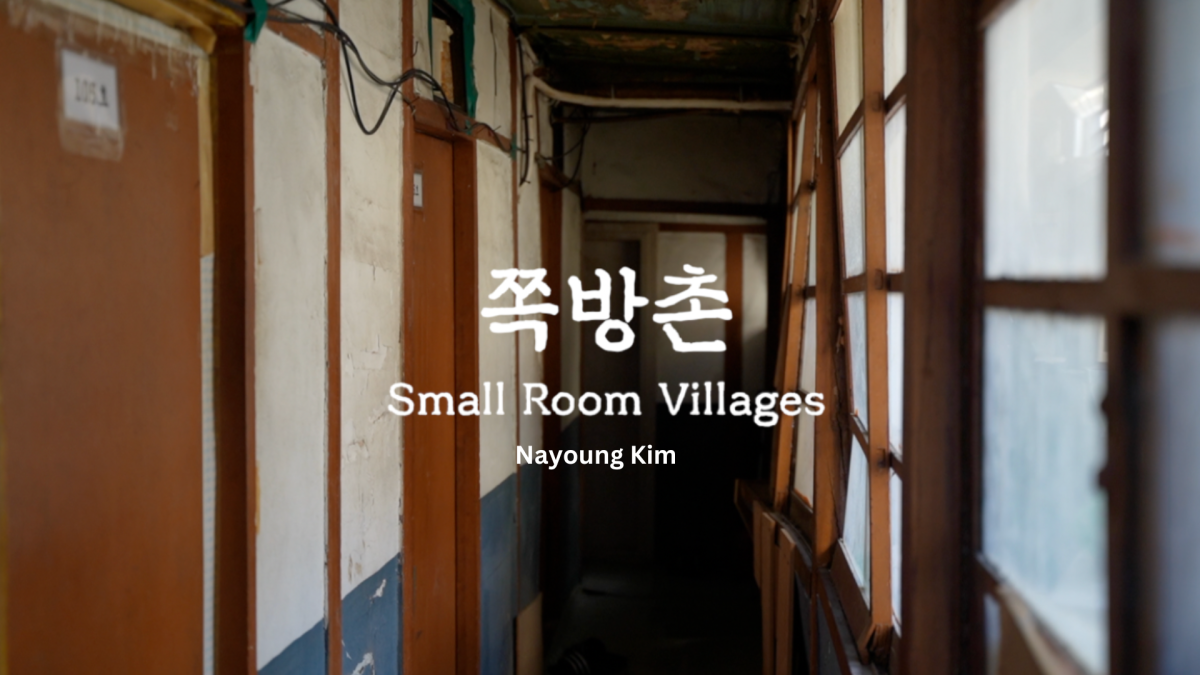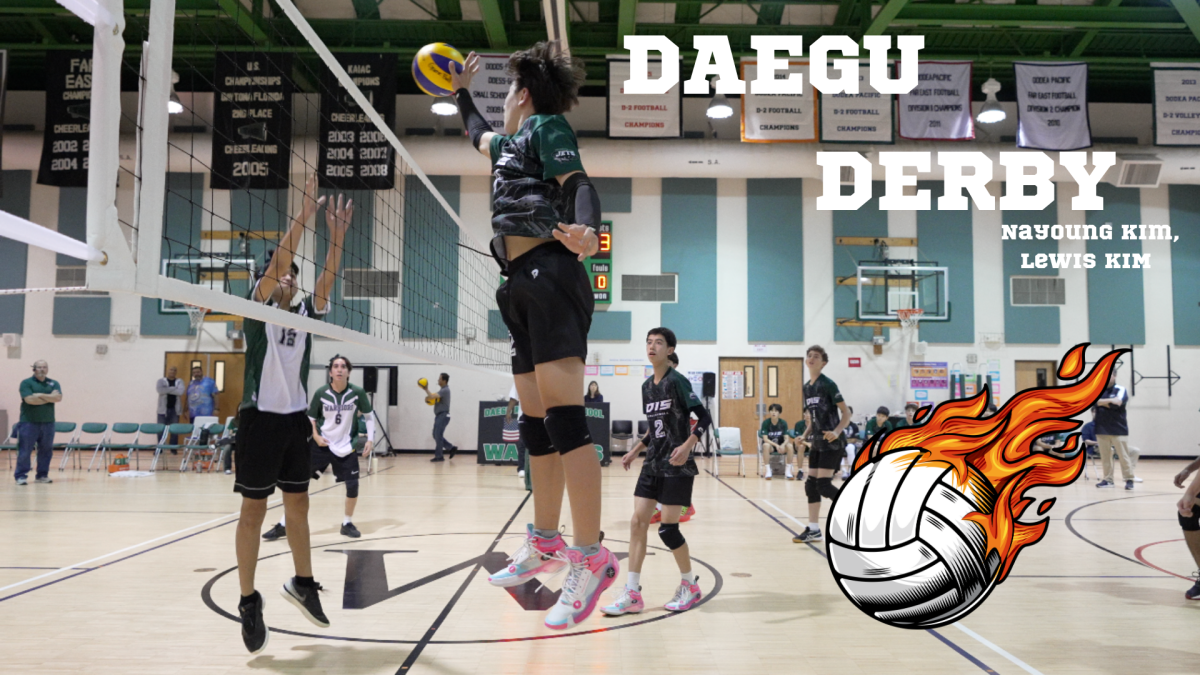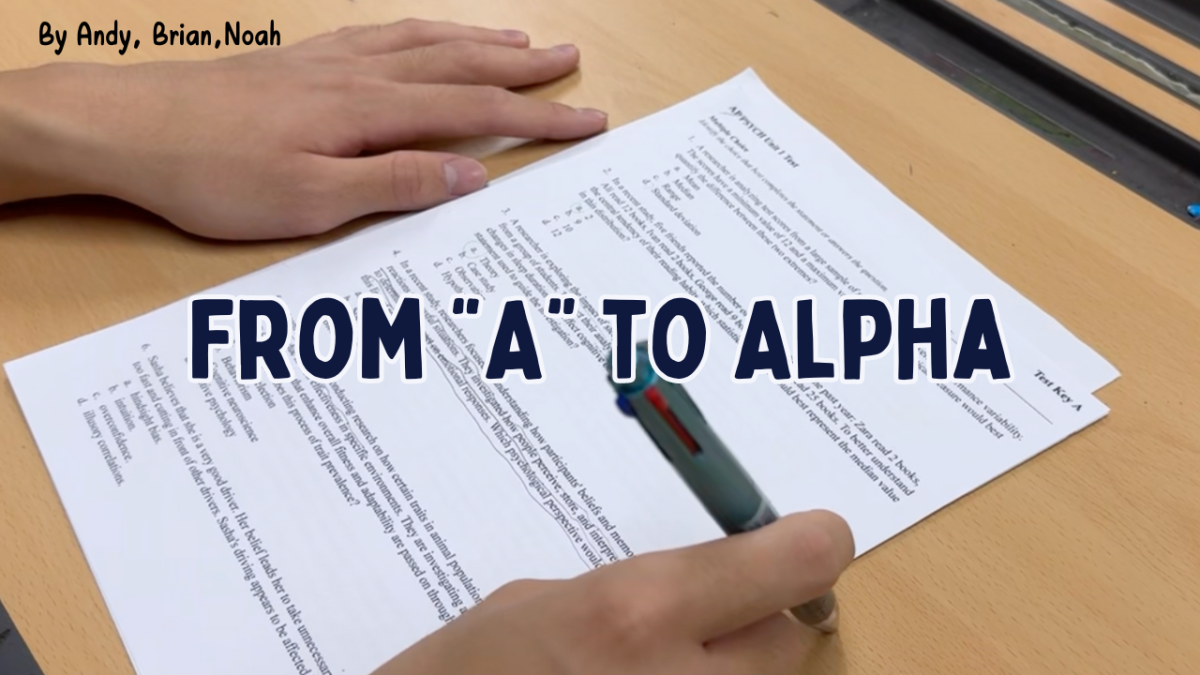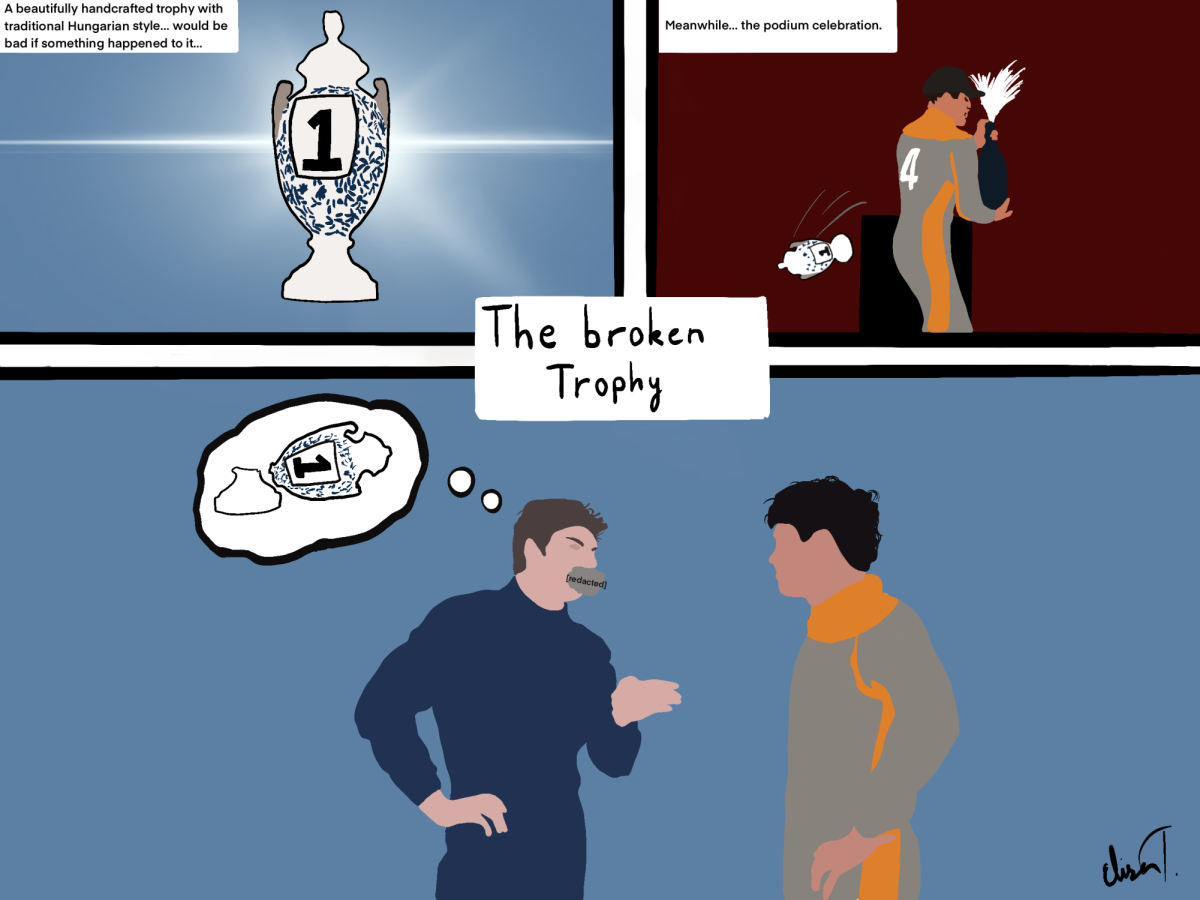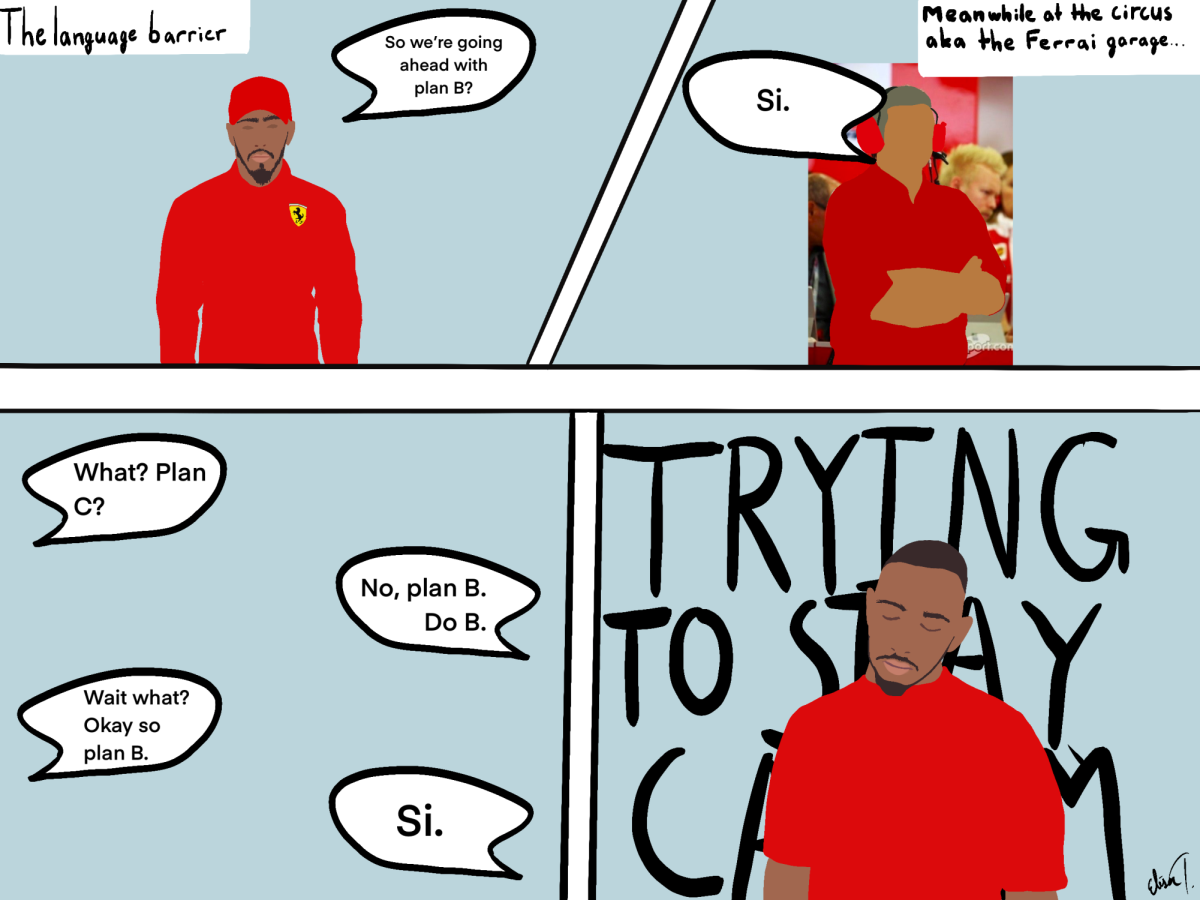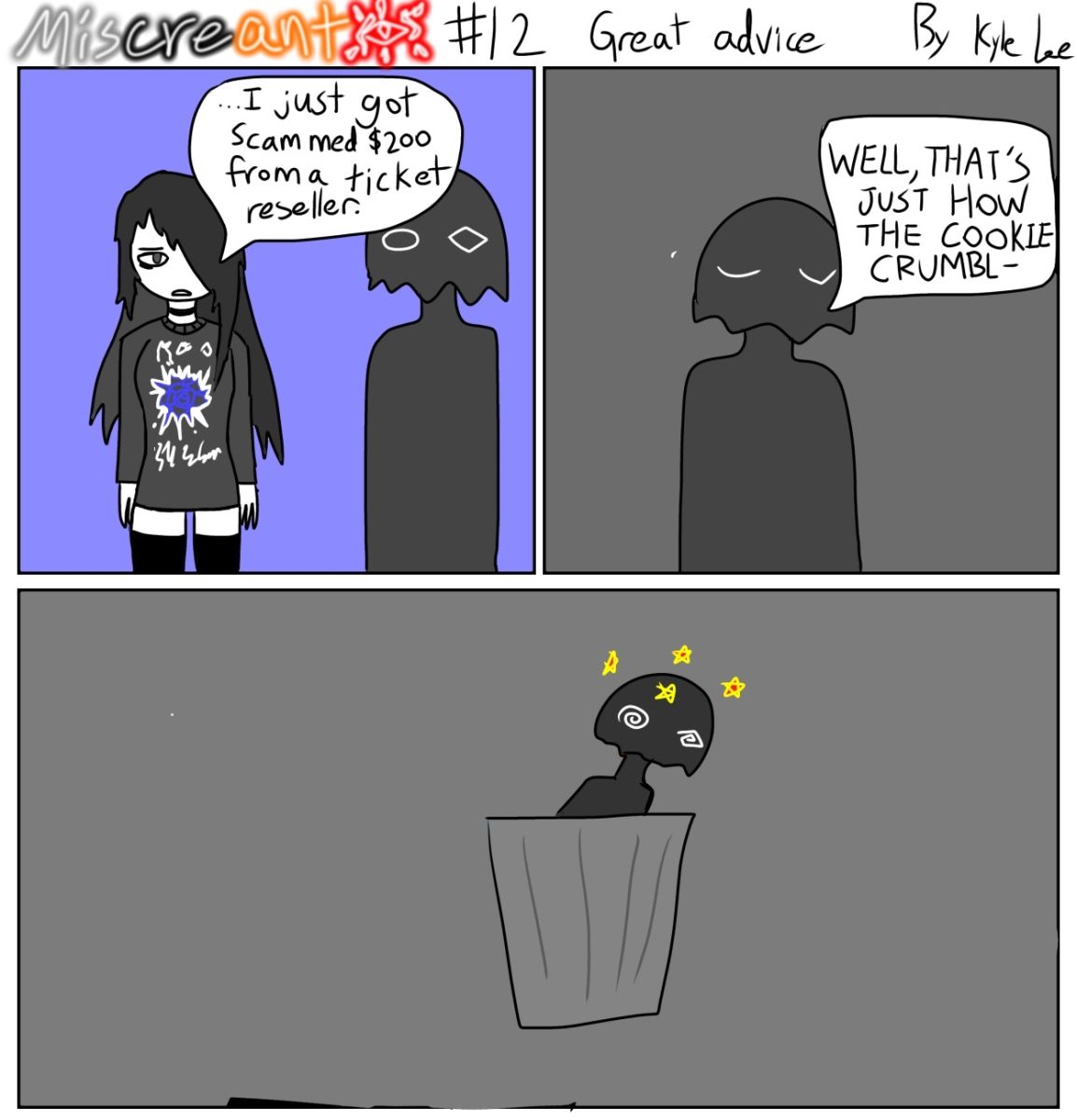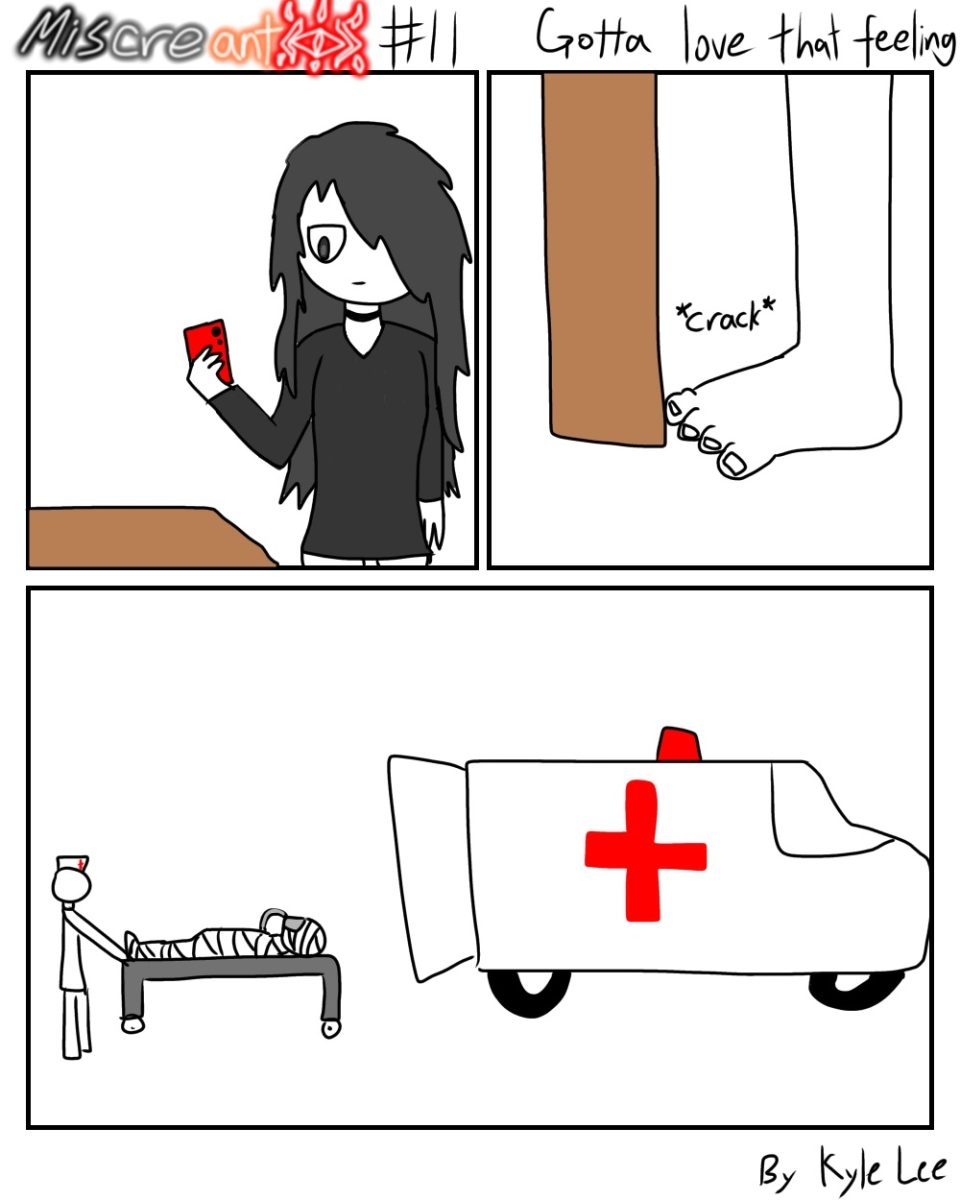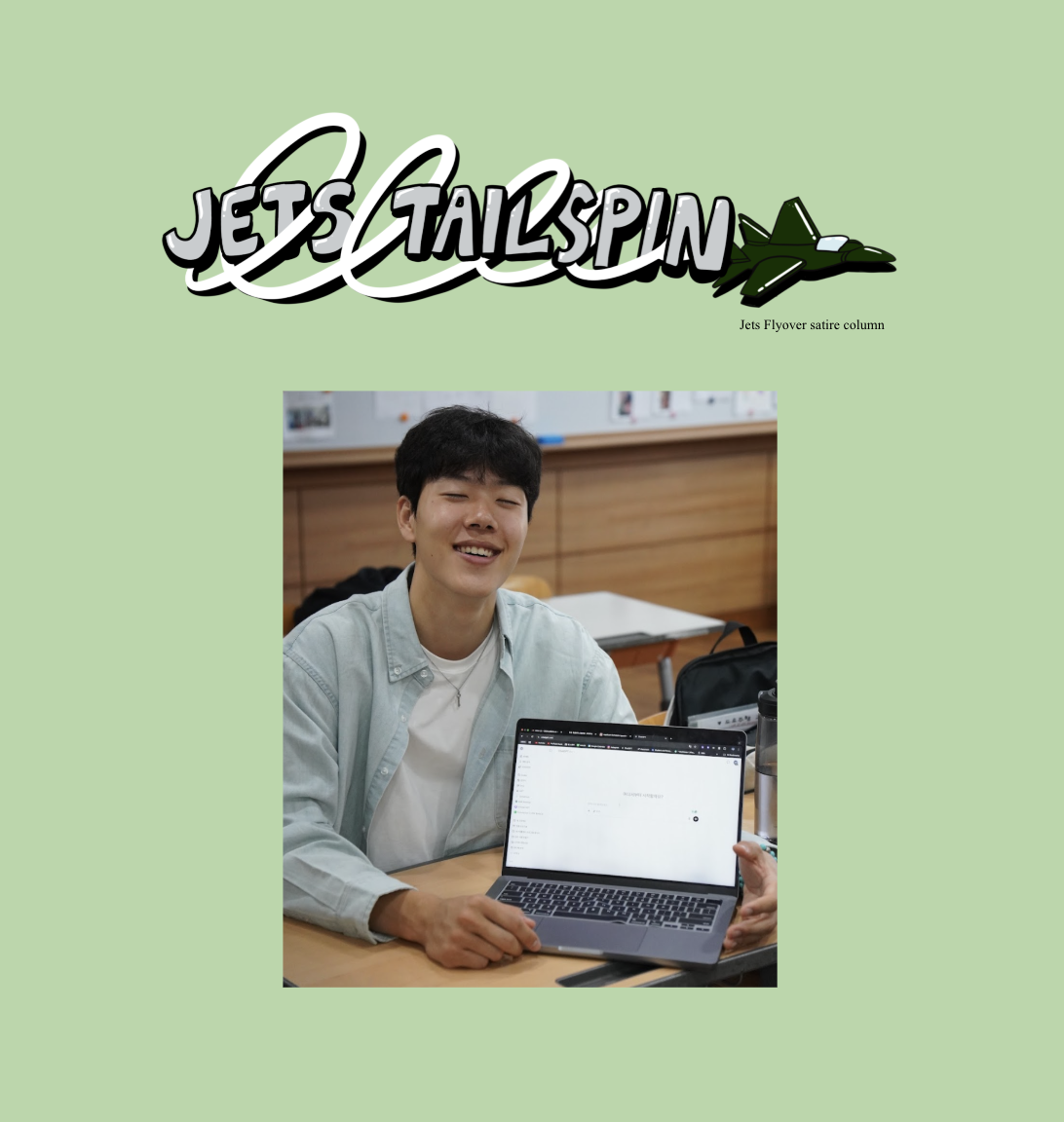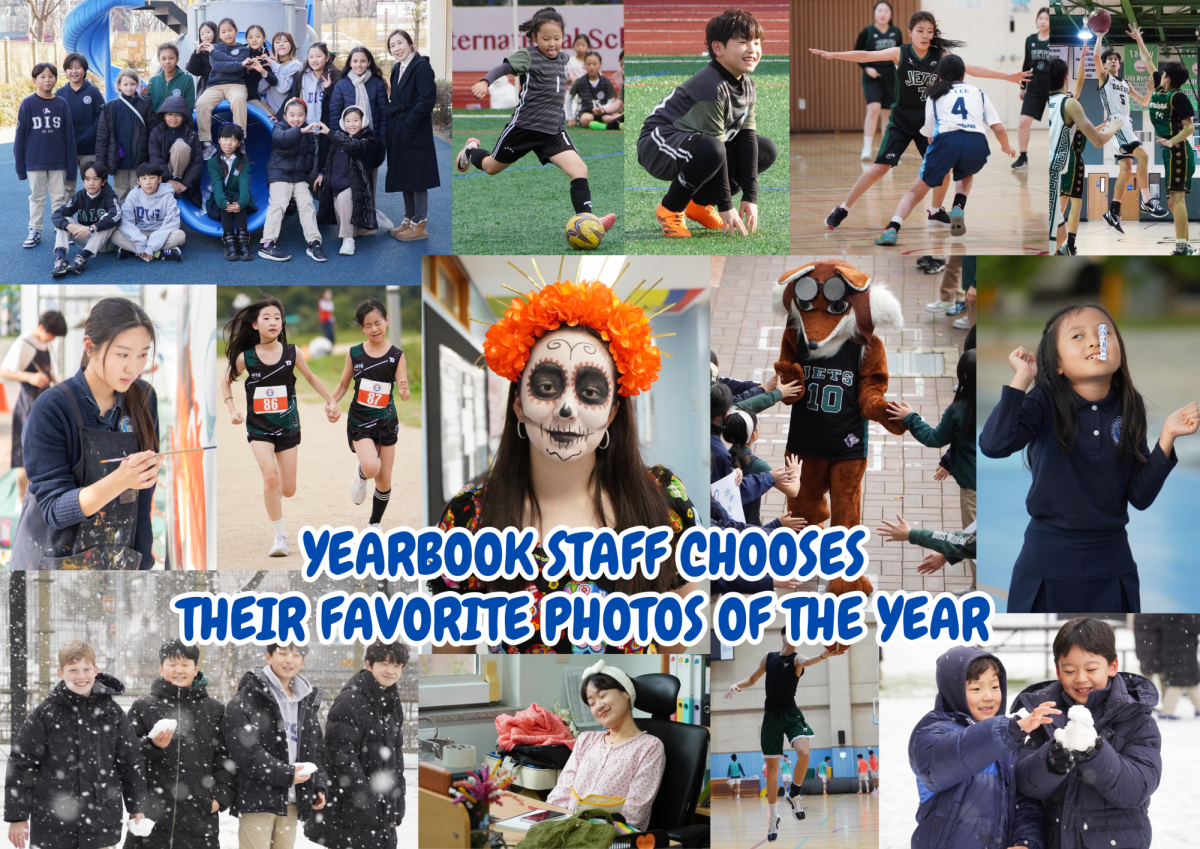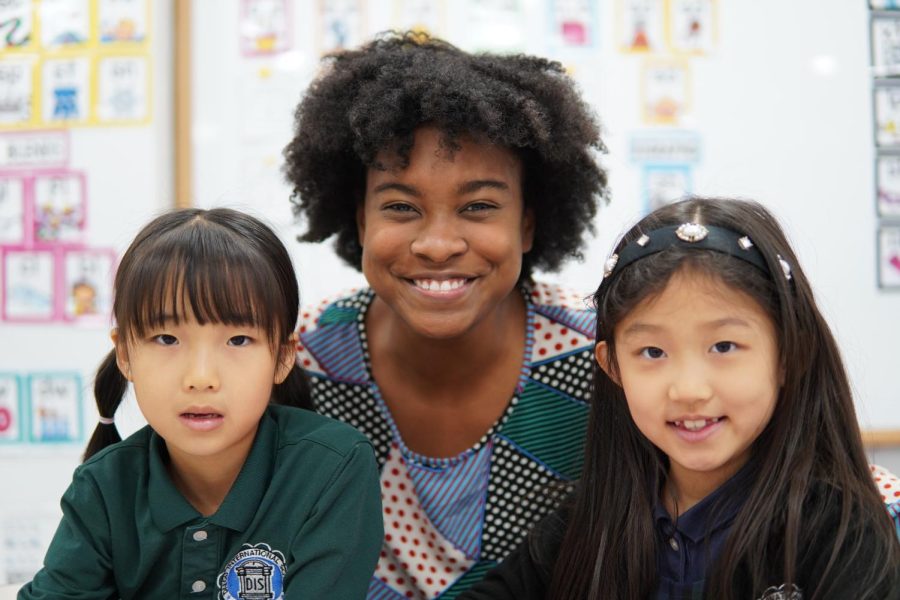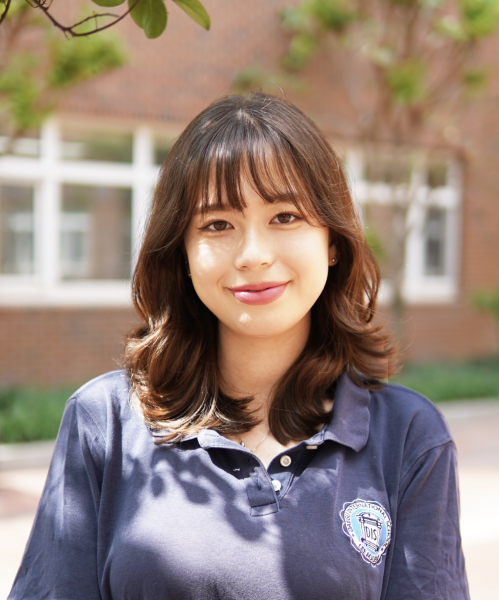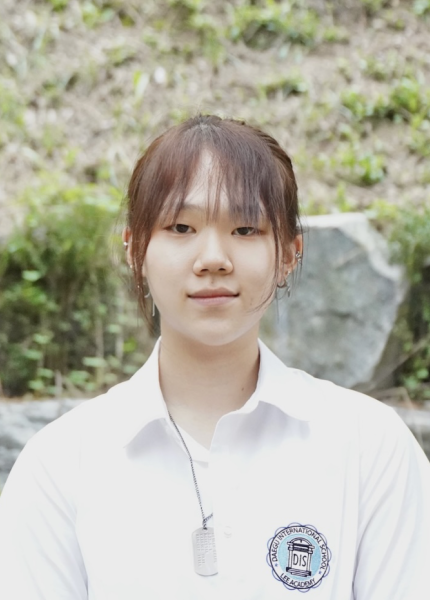Spotlight on Ms. White
New First-Grade Teacher on Living Abroad and Overcoming Obstacles
April 20, 2023
We introduce you to another new face at DIS, Ms. White. A passionate elementary teacher with a bright smile, Ms. White shares her experience before coming to Korea, her time abroad, and her take on life’s capricious ups and downs.
Q: What brought you to DIS, and what do you like about our school?
I was looking for schools all around the world. I made a list and went through their websites. Why I applied to DIS was actually because I was impressed with the student media (Jet Stream and Flyover, etc.). I was especially impressed with some of the articles that would have got a lot of pushback right now in Texas. I was like, ‘I would love to work at a school that lets students’ voices be heard.’ That is when I was like, ‘okay, this school is going to be on my list.’
Q: What made you come to Korea?
It wasn’t necessarily the country I wanted to go to, but it was more so the school and also the quality of life. I hate driving with a passion and I don’t want to go on a motorbike either. Also, it can’t get too cold. I’m from Texas and I need the warmth. That kind of narrowed down some choices. Overall, the main thing was: Do they have good public transportation? And Korea has great public transportation. Also, closeness to other countries and stability (both economically and politically) were important.
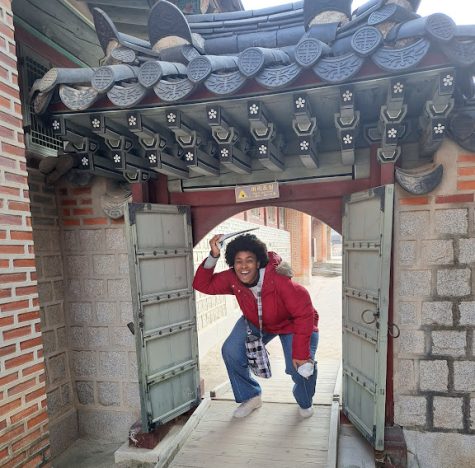
Q: Do you ever get homesick?
It’s an interesting question because when I ask people, a lot of people say they can never really move. I guess I miss the people but I don’t miss the place.
Q: What is your favorite food?
Chips and salsa. They are the main things in Texas.
Q: Do you ever miss the food from your hometown?
Yes, but now I can buy it in Korea too. And here I enjoy meat a lot more because they are thin–especially Shabu Shabu and Samgyupsal.
Q: What do you do in your free time?
Right now, it is going to Korean class. Sometimes I roller skate in the gym. I like to eat out with friends, I like to go walk around the trail, I like to walk around the city a lot, I like to do at least 3 miles every day so I just like to walk and explore, and I read and watch some TV. I also like to travel.
Q: I heard you’re learning Korean. How is it going and what got you started?
For me, it’s really important no matter where I go to try to learn some of the local languages – even if I am not that good at it and even if I respond to people in English. Plus, I enjoy learning a new language. And I remember that in my second year in Turkey, things got infinitely better as I had enough survival language. I know people will be like, “Oh, you’ll quit”, but I never quit with any language I was learning. I might cut back and I might do less, but I never quit.
Q: How was it living in Turkey and how is it different from Korea?
I lived in Turkey for three years. It is interesting because, in a way, some of the Turkish languages are helping me a little bit with Korean. For example, ‘주말’ translates to ‘weekend’ in Korean, while ‘Cuma’ is Friday and Saturday is ‘Cumartesi’ in Turkish. Also, ‘술’ is a beverage in Korea, but ‘su’ is water in Turkish. Small things like that help. For Korea, I enjoy the long history, but also the modern language. Turkish used to be in the Arabic script, and Ataturk was, like, “nobody can read this”, and made a romantic script for the Turkish language. That was pretty recent, which is about a hundred and twenty years ago during the First World War.
Q: Is there any specific reason you chose to become an elementary school teacher?
I taught high school for the first 3 and a half years of my career. It is a huge turn and I do like high school too, but what I like about elementary school is that I get to teach all subjects. In high school, it was either one or two subjects. For someone like me, I like a lot of differences in the day.
Q: Do you ever get tired of hyper kids?
Tired of? No. Tired from? Yes. Like, do I have days where I come home completely exhausted? YES. Still, more often than not I get inspired by kids. Them being excited by something will make me realize we should go deeper into this. Elementary school kids are really curious. They have a lot of questions. And they do inspire me.
Q: What difference is there between teaching in the States and teaching in Korea?
Some of the stressors for teaching that are in the States are not over here. The biggest relief here is that I don’t have to wonder if my door can lock. Like, my room right now doesn’t lock. That would be a huge problem in America. I don’t need to think about how strong a door is. It is sad. I have been through three lockdowns in my life and that was also a push to leave. I was like, I’m done here. For my school in Texas, there was a mass shooting called Uvalde which was a 50-minute drive from where I was located, and when that happened I was like, no, I think it is time to leave. Why do I need to care about how many hiding spots there are when I’m setting up a classroom? That is not something I am supposed to do. I just want to be able to teach children.
I have been through 3 lockdowns. Once I was a student, once I was a teacher, and once I was a resident assistant. When I was a student at the University of Texas working as a resident assistant, we had to do a lockdown. We got the SWAT teams and the helicopter and the lockdown lasted for 5 hours until the shooter committed suicide in the library. The next time I was in a lockdown I was a teacher teaching 4th grade. That year, because my screen was bad, I blocked out all the windows so students could see the screen and it helped a little. It was right before school was dismissed so parents were calling my phone. Kids were in two different corners, and I was like, “Get down and hide.” I was under my desk but I was right by the door and I had a big debate in my head on whether I should move the shelf to block the door or if it would make too much noise. The district sent counselors out the next day, but after that, we had to pretend as if nothing happened. And I’m like, “Why do we keep doing this?”
Q: What was your dream before becoming a teacher?
I only had three pathways and they were all public service. In college, I was really into politics and I worked on a lot of political campaigns for different presidential, congressional, and local candidates. So I was either going to go into politics (lobbyist or lawyer), foreign service, or going into teaching. Those were my only three options.
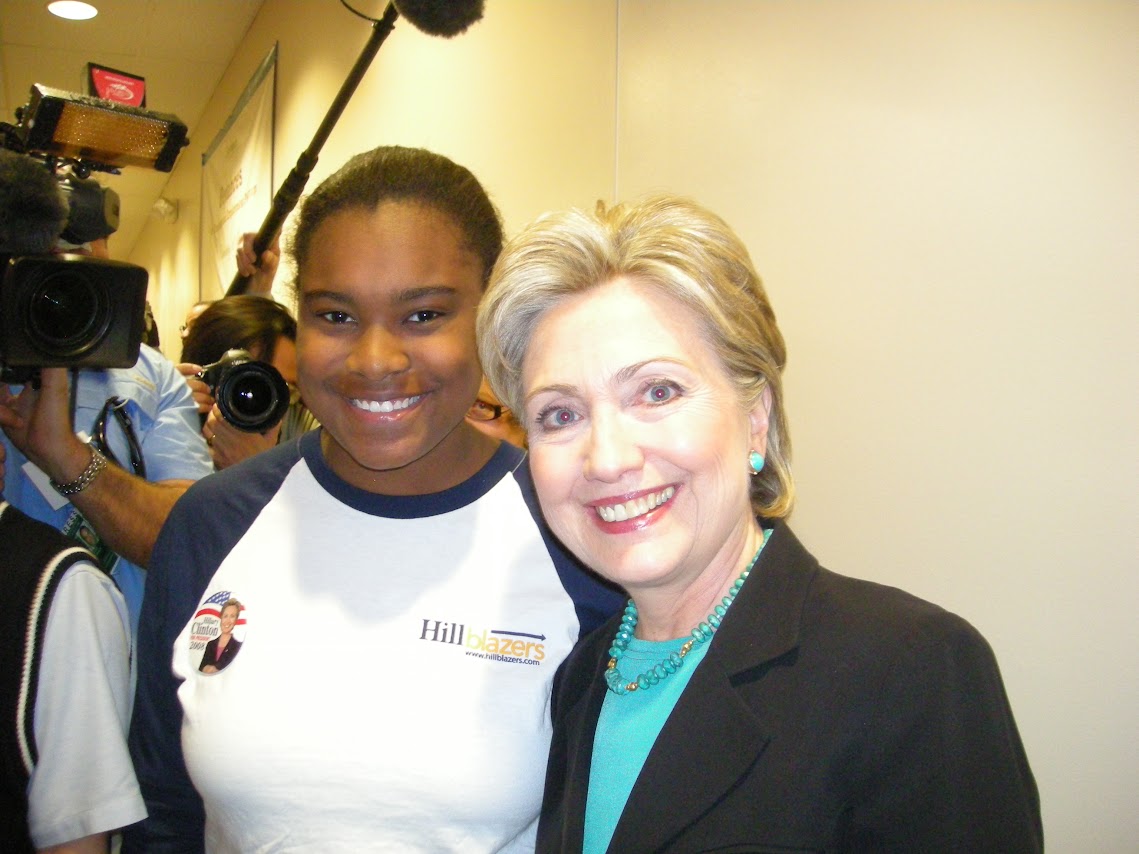
Q: What are some of your most memorable experiences?
I think as far as memorable experiences go, some of the most memorable experiences were maybe not the most positive experiences. This isn’t really about me leaving my home. It might not directly relate to the question, but I’ll say, an experience that shaped me and made me more motivated to do the things I want to do is when I was living in Turkey and my mom got sick. I had to move back to America and she ended up passing away.
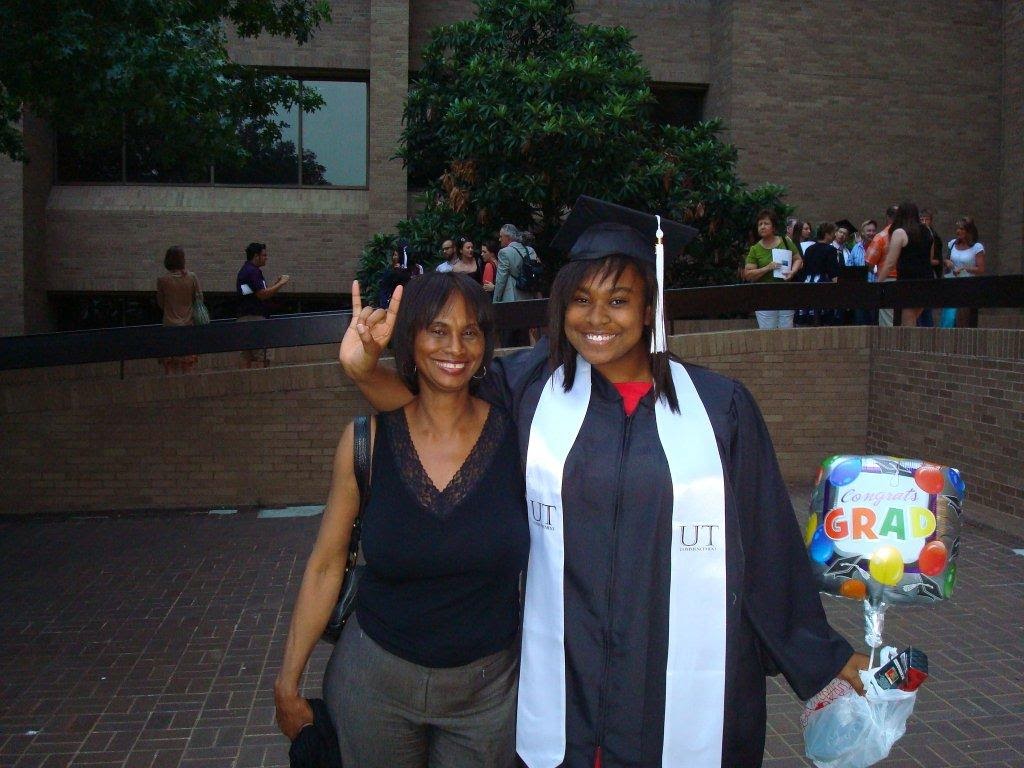
Q: Did you ever face hardships during your time in Korea coming from a different background?
I want to preface this by saying I love the United States and I am proud of being a US citizen. But I think in a lot of ways, living in the southern United States has made anything that comes up in another country not as surprising and effective as it would be to others. Here, someone might cut in front of me in line but I also see them cut in front of Korean people too. They also might cross the street if they see you or they might stare at you, but I usually just stare back and smile. And 90% of the time they smile back or ignore you. For some people that could be disconcerting but I know I am always going to get stares so I might as well just smile.
Nothing that happened in Korea, Turkey, or any of the other countries have made me feel like my life was in jeopardy. But in the United States, there were multiple incidents where I legitimately feared for my life. Around October 25th of the year 2017, I was coming home from a running group and it was around the twilight zone. I get pulled over and the police officer says I didn’t have my lights on. I was like, “It’s not dark yet.” And he was, like, turning off the car, and my friend is with me. Then he says get out of the car, but I am like, you said turn off the car. I have to turn on the car again to be able to get out. And he yells at me and pulls me out of my car and puts me in handcuffs and puts me to the ground. And I got the fear that this was going to be the last day on Earth, so I am crying.
The police told me that they had a warrant out for arrest, and I was like, “That is not possible because I am a kindergarten teacher and my school district would know if there was one.” I would be put on probation by the district until they know what is happening so I know that is a lie. And you could see one officer felt regret about it and one of them was just egging people on. He told the person in my passenger seat to roll the car window down and she was like, “we turned the car off.” So she opens the door and he starts yelling at her. So she starts filming and he is like, “you can’t film this.” Incidents like that made me feel like it was my last day on Earth. No other country in the world has ever felt like that.
Q: If you go back in time, would you change anything in your life?
I wouldn’t change anything because I think I’ve learned from it. Something I learned from my first year abroad which I think I got better this time is to call my family weekly. So I do call them at least once a week. I don’t text. I am still bad at that, but I do call and leave some voice messages.
Q: Do you have anything you would like to achieve this year?
Just getting settled in. It is always hard coming to a new school. It is always hard even to figure out the systems you want in a new school and a country. You don’t know what works and what doesn’t. And just getting prepared for next year.
What a conversation! From light-hearted back and forth on culture and food to heartwarming tales of monumental memories, Ms. White took us through quite the journey. When you see her around campus, make sure to say hi. She might have another mind-blowing story to tell you.

